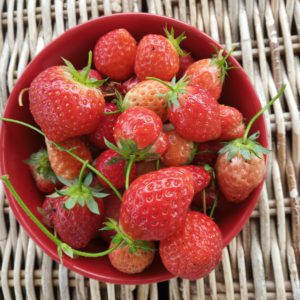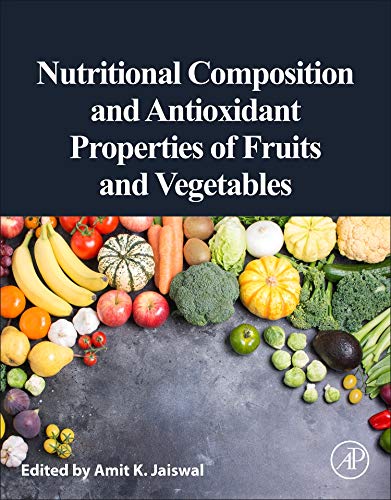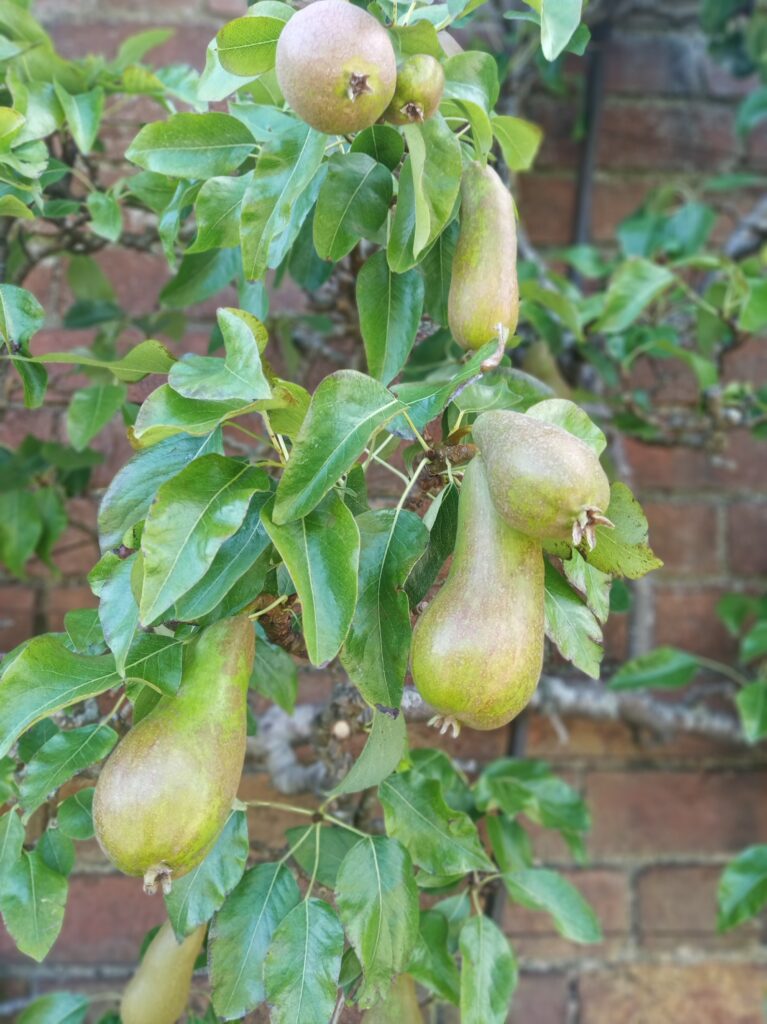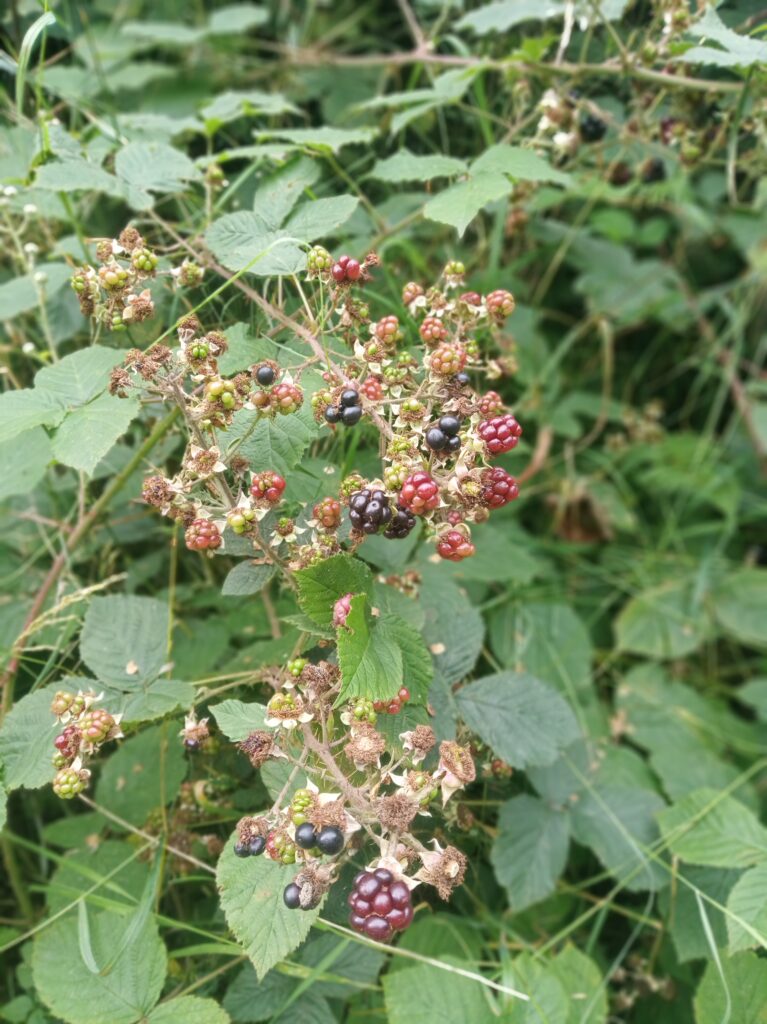Antioxidants are substances that inhibit oxidation. Oxidation is a chemical process that results in the transfer of electrons—it always occurs along with a reduction—one substance is oxidized while another is reduced.
There are a wide range of antioxidants found in nature, and because they are so varied, different antioxidants provide benefits to different parts of the body.The human body naturally produces free radicals and the antioxidants to counteract their damaging effects. However, in most cases, free radicals far outnumber the naturally occurring antioxidants.
These free radicals are a normal part of the body’s stress response, but they can damage healthy cells and are especially likely to attack the fats that provide structure to the membranes surrounding body cells. Free radicals are highly reactive substances and can bind to DNA and proteins, damaging them permanently and causing cell, tissue and organ damage.
Free radicals are also produced from exposure to cigarette smoke, excess exposure to the sun, drinking alcohol, from exposure to large amounts of heavy metals and during any inflammatory response.
In many different chronic diseases, including diabetes, the levels of free radicals overcome the body’s ability to soak or sop them up. The high level of antioxidants leads to a condition in the cells, tissues and organs known as oxidative stress. We see oxidative stress show up as chronic inflammation and damage to nerves, blood vessels, tissues and organs.
Many studies have shown that oxidative stress is strongly associated with diabetes—and particularly with the complications of diabetes. The use of antioxidants—either from food sources or as a supplement may help prevent or potentially reverse damage from oxidative stress is by reducing damage to the endothelium—this is the layer of cells that line blood vessels.Antioxidants are in many different foods – and are recommended not only for diabetes, but to reduce the risks of heart disease, stroke, arthritis, and even aging.
For more great Health and Nutrition Tips refer to the website positivehealthwellness.com.

If taken as food, there are no known side effects to antioxidants, though it is possible that there may be some interactions with other medications.
Some antioxidant supplements may be detrimental to your health when taken in large doses and may interact with certain medications. Large amounts of vitamin A supplements may cause birth defects when taken by pregnant women and may increase your risk of cardiovascular disease and cancer.
Taking large doses of vitamin E (over 400 International Units per day) has been associated with a possible increase in overall mortality. But, this risk doesn’t apply to a typical multivitamin supplement. The amounts of vitamins A and E included in multivitamin tablets are small in comparison.
If you’re thinking about taking larger amounts of any antioxidant supplements, you should speak with a healthcare provider first.
Always tell your doctor and pharmacist ALL the medications and supplements you are taking and always follow your doctor’s instructions on dosage.
Sources Of Antioxidants
Studies of antioxidant minerals and vitamins taken as supplements have been disappointing and it appears that the complex array of antioxidants present naturally in plants as well as those the body produces in reaction to stress are more important.
A well-balanced diet, which includes consuming antioxidants from whole foods, is best. If you insist on taking a supplement, seek supplements that contain all nutrients at the recommended levels.
Just as certain foods can give your body an antioxidant boost, other foods can inhibit their action. Refined sugar and simple carbohydrates are likely to lead to the production of more free radicals than antioxidants; distorting the balance between the two in your body again. Thus, cutting down on processed foods can help you to get the best out of your antioxidant rich food.
Mackerel and garden pea frittata This sounds a little odd, I admit, but the sweetness of the peas really seems to match the strong flavour of the mackerel. SERVES 1 2 tbsp garden peas 2–3 tsp olive oil 2 large eggs 1 cooked mackerel fillet, flaked Preheat the grill. In a small ovenproof omelette pan, sauté the peas in the olive oil for one or two minutes. Whisk the eggs and add to the peas. Cook for three or four minutes, or until the egg is cooking around the edges, but the middle is still liquid. Add the flaked mackerel, then place the pan under the hot grill until all the egg is cooked.
Excessive exercise can lead to the production of more free radicals than antioxidants, so regular moderate exercise, such as walking or swimming is most likely to be of benefit.
Stress promotes the production of free radicals, so staying calm and relaxed will give the antioxidants a helping hand in the battle against the radicals.
Plant foods are rich sources of antioxidants. They are most abundant in colorful fruits such as homegrown organic strawberries shown in the picture above. As well as vegetables and other foods including nuts, wholegrains and fish.
The antioxidant content in any given food is measured by its ORAC score. Called Oxygen Radical Absorbance Capacity, the ORAC score quantifies the total antioxidant capacity of any particular food item. The higher the score, the more the antioxidant capacity.
Good sources of specific antioxidants include:
allium sulphur compounds – leeks, onions and garlic
anthocyanins – eggplant, grapes and berries
beta-carotene – pumpkin, mangoes, apricots, carrots, spinach and parsley
catechins – red grapes and herbal teas
copper – seafood, milk and nuts
cryptoxanthins – red capsicum, pumpkin and mangoes
flavonoids – green tea, citrus fruits, red grapes, onion and apples
indoles – cruciferous vegetables such as broccoli, cabbage and cauliflower
isoflavonoids – soybeans, tofu, lentils, peas and milk
lignans – sesame seeds, bran, whole grains and vegetables
lutein – green, leafy vegetables like spinach, and corn
lycopene – tomatoes, pink grapefruit and watermelon
manganese – seafood, milk and nuts
polyphenols – thyme and oregano
selenium – seafood and whole grains
vitamin A – sweet potatoes, carrots, milk, and egg yolks
vitamin C – oranges, blackcurrants, kiwifruit, mangoes, broccoli, spinach, capsicum and strawberries
vitamin E – vegetable oils (such as wheatgerm oil), avocados, nuts, seeds and whole grains
zinc – seafood, milk and nuts
zoochemicals –fish.
Health Benefits Of Antioxidants
Nutritional Composition and Antioxidant Properties of Fruits and Vegetables
There are a wide range of antioxidants found in nature, and because they are so varied, different antioxidants provide benefits to different parts of the body. Consuming more fruits and vegetables is one sure way to boost your immunity . Antioxidants like vitamins A, C, E, and carotenoids boost immune health.
It is free radicals that cause the signs of aging. They cause cell damage and inflammation and lead to wrinkles and age spots. Since antioxidants counter the effects of free radicals, they can play a major role in delaying the signs of aging.
Antioxidants are found to improve memory and cut the risk of dementia. Antioxidant vitamins and minerals such as vitamins C and E, selenium, and zinc have been shown to function as natural “anti-depressants”.Antioxidants also promote improved vascular health – improving microcirculation in the small blood vessels in the brain – thereby enhancing oxygen and nutrient delivery to nutrient hungry brain cells.
Most brain diseases are associated with oxidative damage which can be prevented and often improved with a higher intake of antioxidants. These powerful substances also play a role in preventing other ailments like Alzheimer’s disease . Greater consumption of carotenoids (another branch of antioxidants) from foods such as sweet potatoes, yams, and carrots is linked to cognitive benefits in adults .
The Arthritis Foundation also acknowledges the importance of antioxidants. Both the anthocyanins in berries and vitamin C in citrus fruits can combat free radicals that are responsible for arthritis symptoms.
High dose antioxidant vitamins can prevent the progression of and even reverse age-related macular degeneration and other vision issues. Important antioxidants for vision health are lutein and zeaxanthin, which also prevent age-related macular degeneration. And vitamin A, which nourishes and protects the retina and other eye structures and is important in preventing night blindness.
Antioxidants help prevent against some forms of cancer and can help bolster the immune system in the management of HIV infection. According to the National Cancer Institute (NCI), vitamin C may protect against cancer of the oral cavity, stomach, and esophagus and may also reduce the risk of developing cancers of the rectum, pancreas, and cervix. Also known as ascorbic acid, vitamin C may provide protection against breast and lung cancer.
Beta carotene, also known as provitamin A, may help decrease the risk of developing cancer. This nutrient may prevent certain cancers by enhancing the white blood cells in your immune system. White blood cells work to block cell-damaging free radicals.
Good sources of beta carotene are dark green leafy and yellow-orange fruits and vegetables. In the body, beta carotene is converted to vitamin A. Eating foods rich in beta carotene is recommended to possibly decrease the risk of developing stomach, lung, prostate, breast, and head and neck cancer.
For more great Health and Nutrition Tips refer to the website positivehealthwellness.com.

Antioxidants can play a key role in improving the cardiovascular system. The best choices include selecting antioxidants and nutrients from foods instead of getting them through supplements.
Heart-healthy antioxidants are found in nutrients such as vitamin A, vitamin C, vitamin E, beta-carotene, lutein, lycopene, and selenium.
Many fresh, whole foods contain these nutrients to lower the risk of certain diseases, but it is not understood if it’s the antioxidants that achieve the positive effects or other nutrients.
Fruits rich in antioxidants include blueberries, raspberries, cranberries, and blackberries.Berries contain antioxidants from vitamin C, carotenoids, and carotenes.
Vegetables such as green leafy veggies contain high amounts of antioxidants.
Eating raw, fresh, or organic vegetables offer optimal results. Rich sources of antioxidants may also be found in corn, eggplant, onions, red bell peppers, beets, broccoli flowers, alfalfa sprouts, Brussels sprouts, spinach, and kale/
Dark, leafy greens such as spinach and kale are particularly good foods to find vitamins A, C, and E. Kale is also rich in lutein.
Pecans, hazelnuts, and walnuts are among the nuts that provide healthy antioxidants. Brazil nuts in particular are highly regarded as a natural source of selenium.
Nuts contain the resveratrol and healthy fats for the heart!
Resveratrol is an antioxidant more commonly associated with red grapes.
Fruits like watermelons, pink grapefruits, apricots, pink guavas, and tomatoes contain the antioxidant lycopene.
While it’s common for fruits to lose some of their nutrient value when cooked, the lycopene in tomatoes becomes more digestible when heat-processed.
Beans have a variety of vitamins and minerals for antioxidant action in the body. They include green soybeans, black beans, kidney beans, black-eyed peas, and lentils.
Dietary Guidelines recommend that people fill their plate with a variety of colourful fruits and vegetables, including dark-green, red, and orange vegetables.When you examine the best sources of antioxidants, it is evident that the best sources are primarily found in colourful plant foods such as fruits and vegetables,
If you have any information,questions, or feedback you would like to include in this post.
Please email momo19@diabetessupportsite.com or leave your comments below





